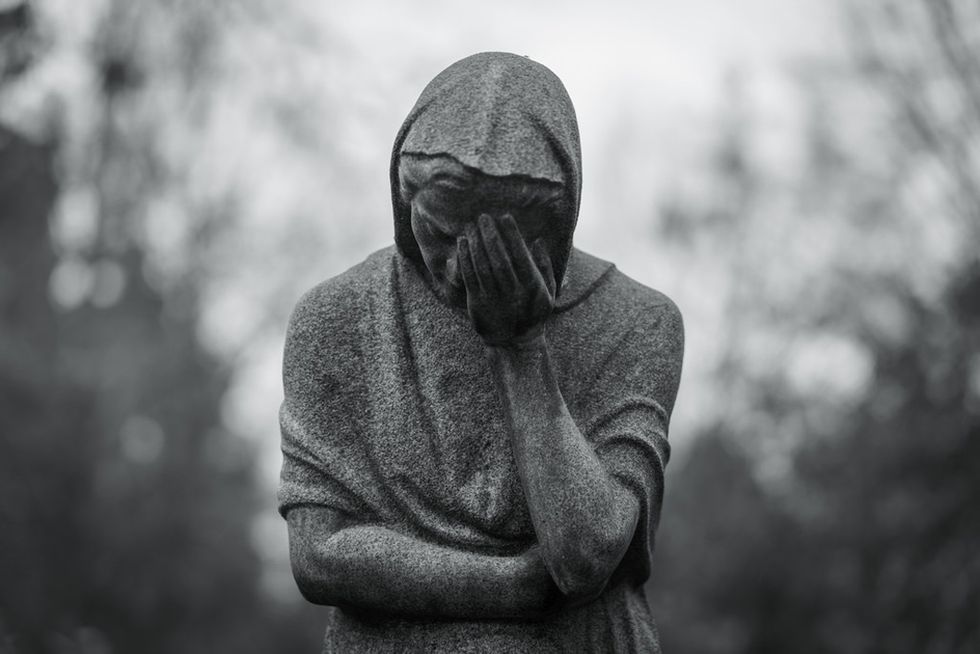Grieving is a normal human emotion that one goes through after experiencing some kind of loss. Whether it’s the loss of a loved one, the end of a favorite TV show, or the end of a relationship, everyone has and will experience some form of grief in their life.
As you grieve, however, your sense of self-care might not be as tuned in as it was before. This is something I experience too often. Once my mind gets focused on a sad event I relive it in my head over and over again until it manifests itself into my soul and I will find it hard to remember to do things that should be engrained in my brain. If, like me, you experience grief like this, let’s take a moment to remember some self-care tactics that are important to get through this.
The first, and probably most important step, in my opinion, is to talk
. Even if it hurts to talk, or if you just want to lay in bed all day and cry. Talking about it will put your heart at least a little more at ease. Find a family member, close friend, or partner to confide in. They might have advice for you or just end up being a shoulder to cry on, but their support will be the most helpful thing in that moment.When you’re grieving, the urge to not go into work or school is going to be strong, but you have to try and avoid it. Give yourself a day or two if you can to collect yourself and to gather your strength back up, but then you have to get back into a routine
. Routines provide a nice distraction from the struggles we face in life and come in handy when we’re feeling overwhelmed with emotion. Your day-to-day life doesn’t pause when your grief settles in, even though it may feel that way. Your mind will thank you for allowing yourself to settle back into your daily routine.If you want a further distraction, then find something to do that you love
. It doesn’t have to be elaborate, but if you think it’ll put your mind elsewhere for a bit, then go for it. Play a video game. Draw or write. Listen to your favorite music on repeat. Read a book. Go for a drive. Whatever it may be, go and do it. It may be hard to find the strength to move from your bed, but it’s so worth it.Lastly, remember that everyone grieves in different ways. As we all know, there are five stages of grief that one goes through after experiencing a loss: denial, anger, bargaining, depression, and acceptance. We all know what these stages are, but not all of us experience these stages exactly like the order says. For instance, someone could go through denial, then move on to depression before slipping into anger. Or you could only experience two or three of these stages. Most non-religious people probably won’t have a reason to bargain after a loss, or maybe you don’t experience the denial of losing someone.
Whatever the case, just know that not everyone grieves the same way, and if you are stuck in one particular stage it’s OK. Allow others to grieve in the way that they need to, and allow yourself to do the same.
Grief is a hard pain to face. We all go through it, and we all experience it differently. But one thing we can do to ease the pain a little bit is to provide a bit of self-care, and to distract our minds a little bit. Be willing to understand each other and how we get through these moments. It won’t make the pain go away entirely, but it can help ease that pain ever so slightly.





















